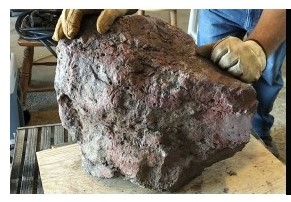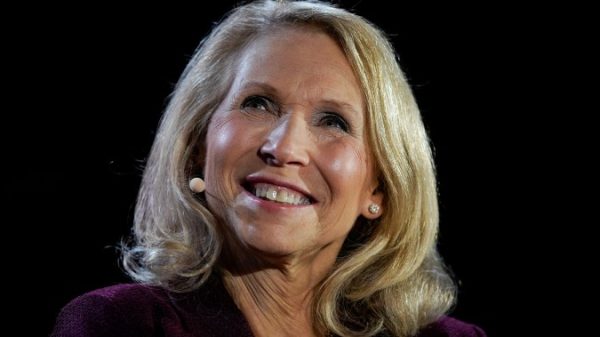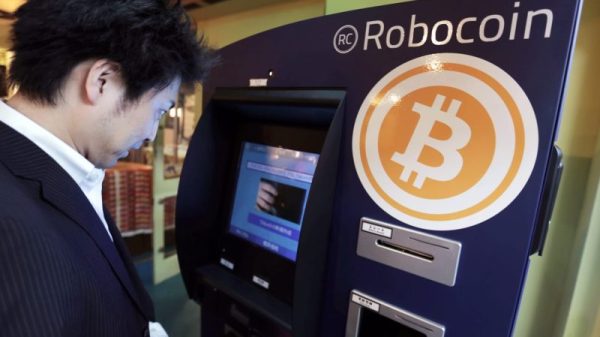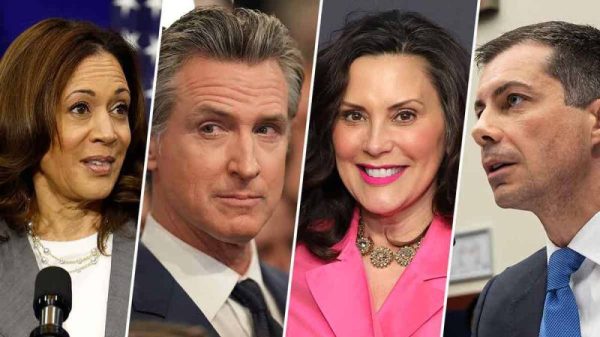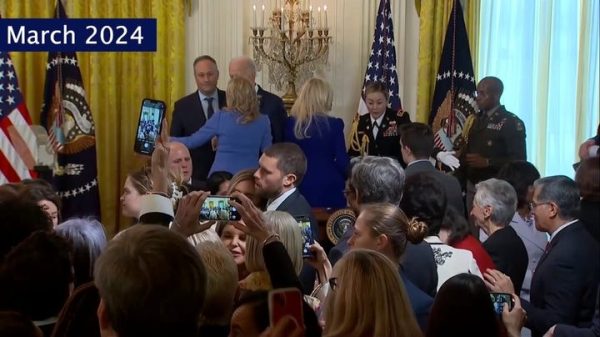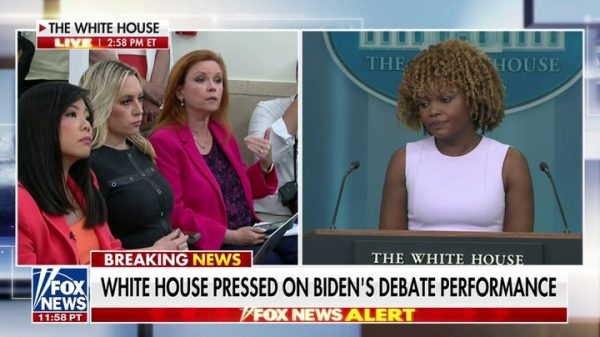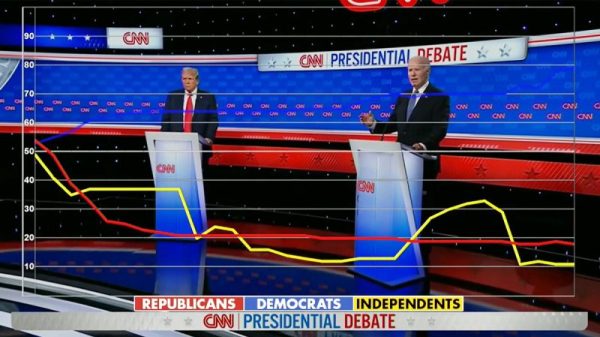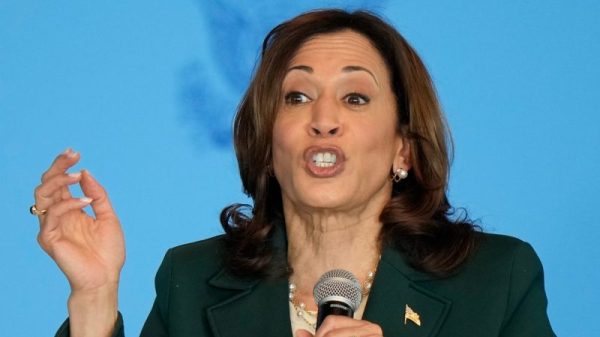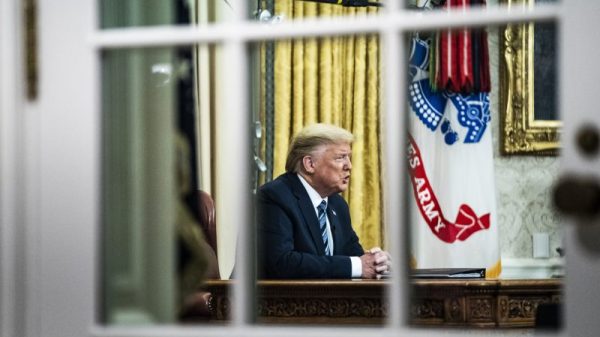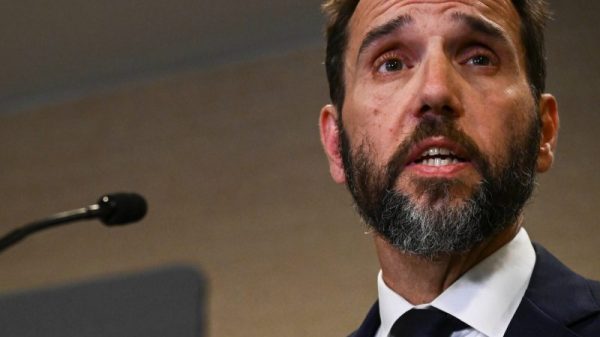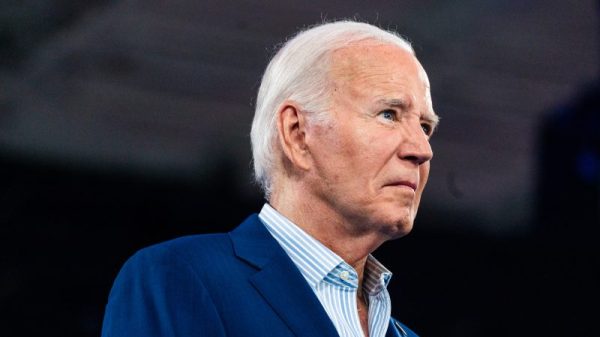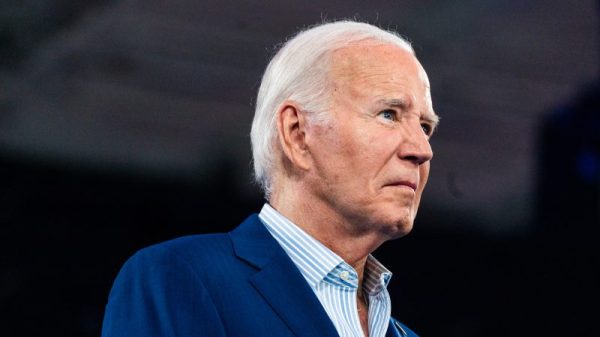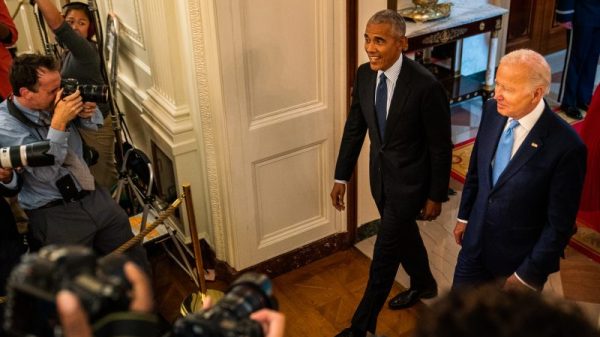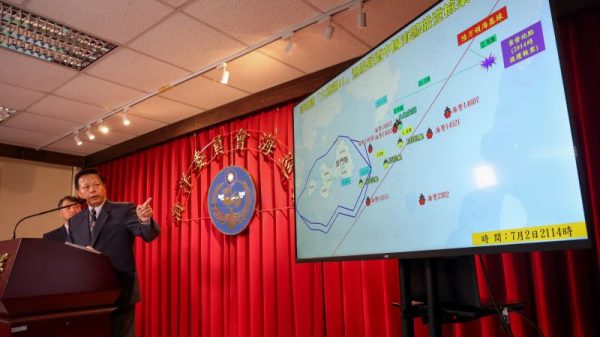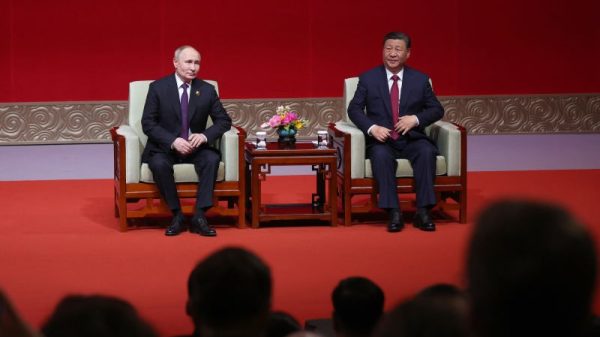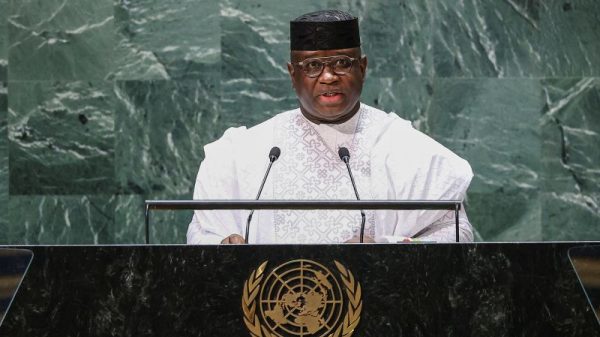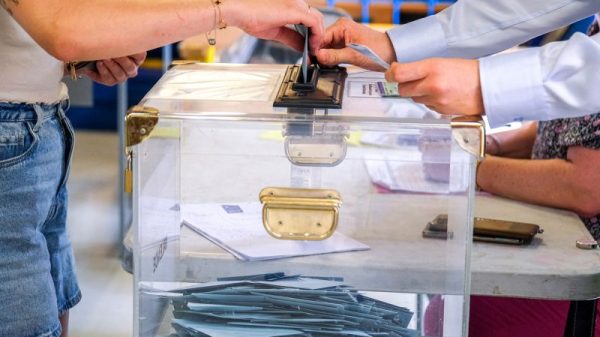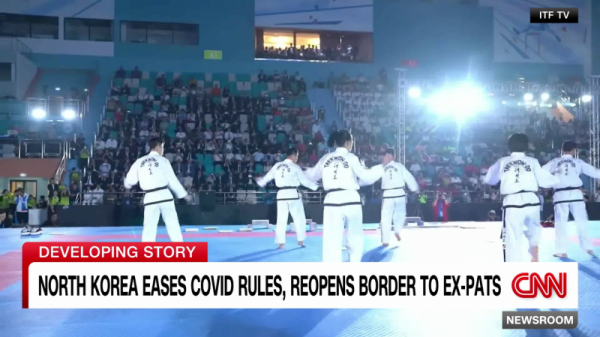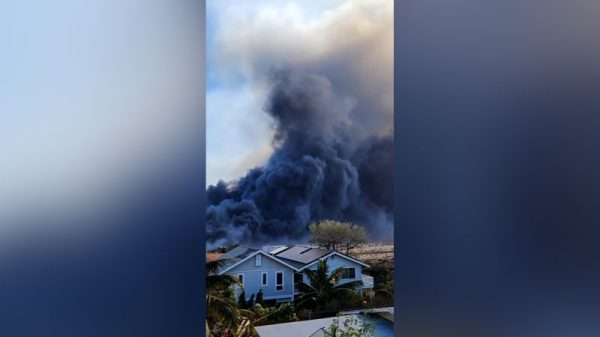After months of intense speculation and official reticence, China has finally confirmed its two former defense ministers who vanished from public view last year had been under investigation for corruption.
Their dramatic downfall has exposed deep-rooted alleged deceit in key sectors of Chinese leader Xi Jinping’s military modernization drive despite his decade-long war on graft, raising questions about the country’s combat readiness at a time of heightened geopolitical tensions.
Li Shangfu, who was drastically ousted as defense minister in October after only seven months on the job, and Wei Fenghe, who served from 2018 to 2023, were expelled from the ruling Communist Party following the investigations, with both cases handed over to military prosecutors for charges, state media reported Thursday.
The duo are the biggest heads to roll yet in a sweeping purge of China’s defense establishment since last summer, which has felled more than a dozen senior generals and executives from the military-industrial complex.
The turmoil in the upper ranks of the People’s Liberation Army (PLA) comes as leader Xi Jinping is seeking to make China’s armed forces stronger, more combat-ready and more aggressive in asserting its disputed territorial claims in the region.
At the height of their careers, former defense ministers Li and Wei often struck a tough tone before the world’s top military officials. At successive regional security forums, the two generals warned the Chinese military would fight “at all costs” if anyone dares to “split” self-governing Taiwan from China. They also fired thinly veiled shots at the United States, vowing to push back against “hegemony” in the disputed South China Sea.
Both promoted under Xi, their removals come despite the Chinese leader’s more than decade long signature anti-graft campaign, underscoring the difficulties in preventing corruption at the highest levels of the military, according to analysts.
While Xi’s anti-corruption campaign has achieved some success, the lack of proper civilian oversight and an independent legal system means the PLA is reliant on its internal investigators for supervision, said James Char, a research fellow at the S. Rajaratnam School of International Studies in Singapore. “That’s difficult, so corruption will definitely continue,” he said.
Corruption in weapons procurement
As part of Xi’s ambition to transform the PLA into a “world class” fighting force, China has poured billions of dollars into buying and upgrading equipment. Xi has also built up the Rocket Force, an elite branch overseeing the country’s fast-expanding arsenal of nuclear and ballistic missiles.
Most of the generals dismissed or disappeared without explanation last year were linked to the Rocket Force or military equipment, including Li and Wei.
Before becoming Defense Minister, Li headed the PLA’s Equipment Development Department for five years. An engineer by training, the 66-year-old spent decades launching rockets and satellites in southwest China before being promoted to the PLA headquarters to deal with military equipment procurement.
Wei, 70, was the inaugural commander of the Rocket Force. In late 2015, it was elevated by Xi into a full service from the PLA’s former missile arm, the Second Artillery Corps, where Wei had worked for decades. Wei’s two successors at the Rocket Force have also been purged.
The allegations against Li laid out in the announcement by the party’s 24-member Politburo clearly point to corruption in the procurement of weapons.
In addition to taking and giving bribes and abuse of power, Li was also accused of “severely polluting the political environment and industry practices of the military equipment sector,” according to state broadcaster CCTV.
Joel Wuthnow, a senior research fellow at the Pentagon-funded National Defense University, said the carefully worded phrase points to collusion between the state-owned enterprises that manufacture weapons and the PLA procurement system.
“We know there is some collusion, but it’s not clear – and the CCP would not admit it – that critical weapons actually are substandard or not reliable,” Wuthnow said. “If proven, that would be even more serious for Xi since he would have doubts not only about ethics but also about actual military readiness.”
Char, the analyst, said problems in the PLA’s procurement system have existed for many years.
In 2018, a study penned by China’s Naval University of Engineering, the Navy’s equipment procurement center and the audit office of the Central Military Commission had already analyzed the bid rigging practices in the PLA’s equipment procurement and called for improvement of the bidding system, Char noted.
“These problems in procurement and acquisitions raised questions about the quality of the equipment that the PLA had purchased earlier. How well do they actually function on the field? I think that’s quite debatable,” he said.
In a sign that China’s top military leadership could be concerned about the quality of its equipment, Gen. He Weidong, vice-chairman of the Central Military Commission (CMC), which oversees the armed forces, vowed in March to crack down on “fake combat capabilities” within the military, Char noted.
“His comment was quickly banned from public view afterwards. I think that says a lot about the actual combat capabilities of (the PLA),” Char said.
‘Lost confidence’
Li and Wei are the most senior military figures to be felled in six years by Xi’s relentless anti-corruption campaign.
The Chinese leader has made rooting out graft and disloyalty a hallmark of his rule since coming to power in 2012, and he has brought down powerful generals previously deemed untouchable.
Within the first few years of his first term, Xi claimed his two most senior scalps in the military, Xu Caihou and Guo Boxiong, two former vice-chairmen of the CMC. Xu later died of cancer and Guo was sentenced to life in prison for corruption.
In some ways, Wuthnow said, the latest corruption scandal around the two former defense ministers is “even worse for Xi” than the Xu and Guo cases a decade ago.
“Back then we could say Xi was cleaning house,” he said, noting that Xu and Guo had been appointed to the CMC under former leader Jiang Zemin. But both Wei and Li were promoted under Xi.
“Wei and Li’s cases show that Xi’s own vetting processes and vaunted anti-corruption campaign over the last decade haven’t succeeded at preventing graft at the top of the system,” Wuthnow said.
“I think this shows once more that Xi has lost confidence in his own appointees.”
Wei was promoted to the rank of general just over a week after Xi took the helm of the party. Li was promoted to lieutenant general and then again to general in just three years.
The announcements by the Politburo said Li and Guo’s actions “betrayed the trust and responsibility” placed in them by the top leadership of the party and the military. Li “betrayed the party’s founding aspirations and party principles,” and Wei was accused of “collapse of faith and loss of loyalty,” according to CCTV.
“Xi must be feeling personally betrayed by this high-level corruption,” wrote Bill Bishop, a China watcher and author of the Sinocism newsletter.
But Xi remains determined to root out corruption and disloyalty. Last month, he convened the military top brass for a political-work conference in Yan’an, a sacred site of Chinese Communist revolution in party history, calling for a deepening of political rectification in the PLA.
“The gun barrel must always be held in the hands of those who are loyal and reliable to the party,” Xi told the PLA elites. “Strictness is clearly required to…achieve combat effectiveness. There must be no place in the military for corrupt elements to hide.”
Char, the PLA watcher in Singapore, said in the long run, Xi’s cleaning up of the military and its procurement system is a good sign for China’s combat capabilities.
“The problems are being rectified as and when, and there will always be an ongoing review as to how Xi Jinping can actually bring the PLA up to speed to have his dream of modernizing the PLA by 2035 realized.”




